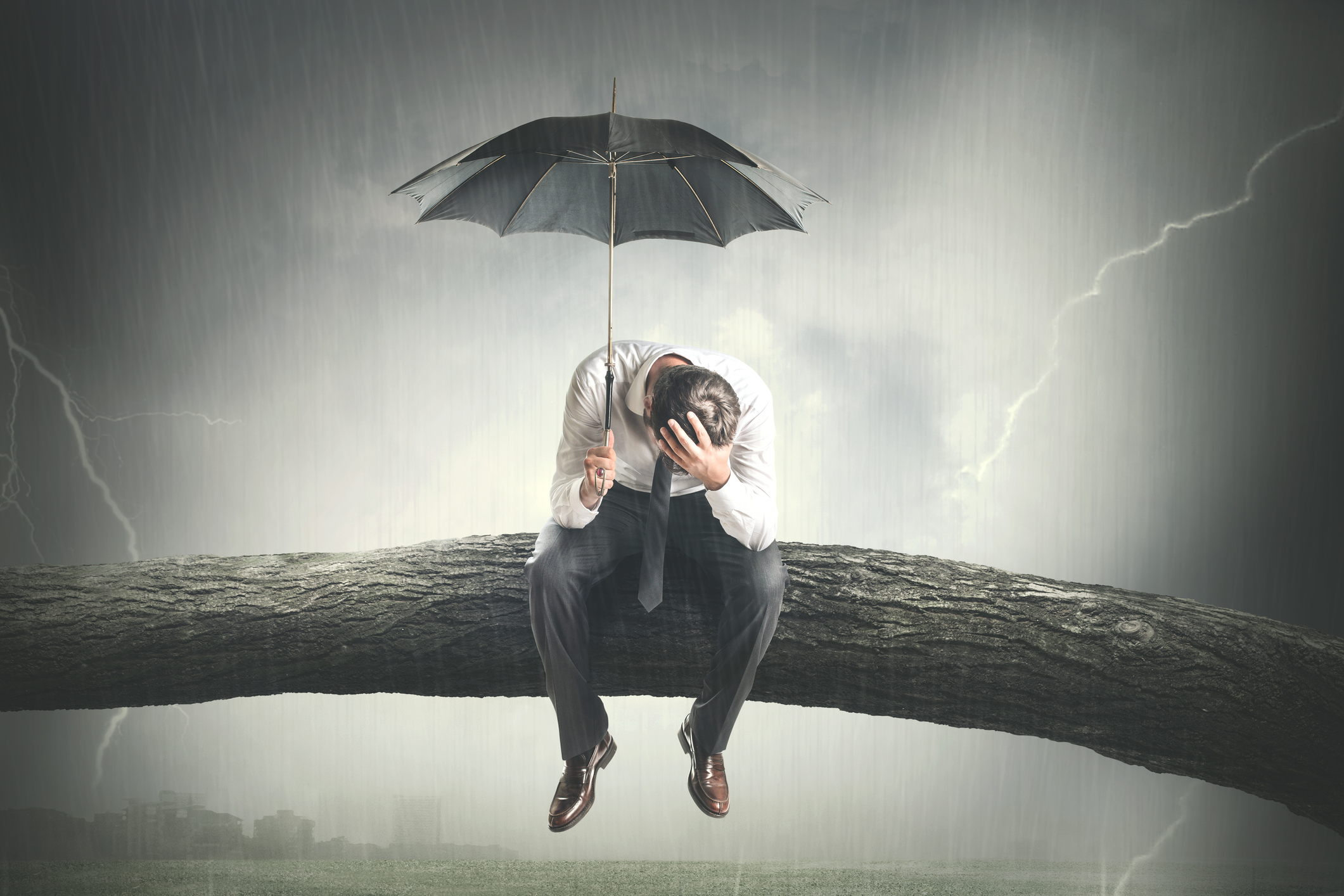Since the 1950s, McKinsey [&] Company, one of the world’s leading strategy consulting companies, has been known to employ the best graduates from the best universities, and to use performance incentives and a very formative high performance culture to shape these young, hungry ‘high potentials’ according to their requirements. After these young consultants were pushed to the maximum by their international projects, most of them voluntarily leave the company on good terms after three years at the latest in order to take up leading positions in the industry and then to become potential customers of their former employer. Over the past few decades, this HR strategy and its accompanying high performance culture was adopted in the field of professional services by the majority of international companies and is now also entering many more traditional industrial and service-based companies.









